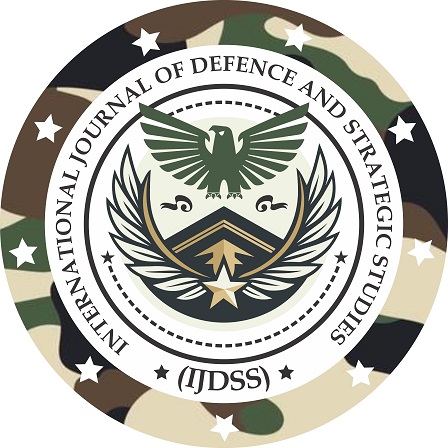Assessing the Effectiveness of Deterrence Theory in Modern Warfare
Keywords:
Deterrence Theory, Modern Warfare, Asymmetric Conflict, Cyber Threats, Military StrategyAbstract
This paper explores the relevance and effectiveness of Deterrence Theory in the context of modern warfare. Deterrence Theory, which historically focused on preventing conflict through the threat of significant retaliation, faces new challenges and adaptations in an era characterized by technological advancements, asymmetric warfare, and complex geopolitical landscapes. This study examines the evolution of deterrence strategies from the Cold War to the present day, analyzing their applicability in contemporary conflicts involving state and non-state actors. Through a comparative analysis of historical case studies and recent military engagements, the paper assesses how well traditional deterrence concepts hold up against modern threats and what modifications might be necessary to enhance their efficacy. The findings indicate that while foundational principles of deterrence remain relevant, the theory must be adapted to address new dimensions of warfare, including cyber threats, hybrid conflicts, and the role of emerging technologies. The paper concludes with recommendations for policymakers and military strategists on how to integrate updated deterrence approaches into contemporary defense strategies to better manage and prevent conflicts in the modern era.



